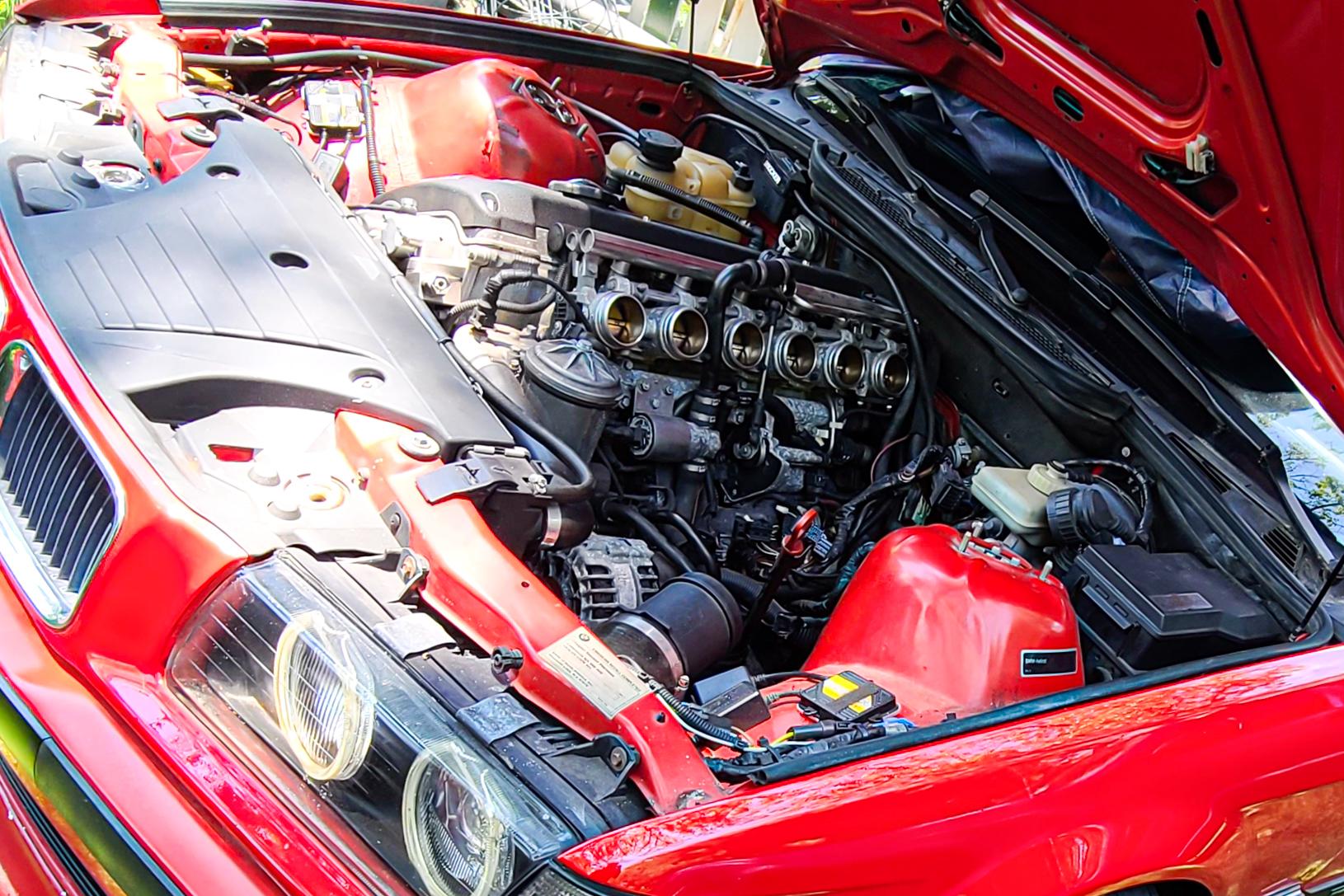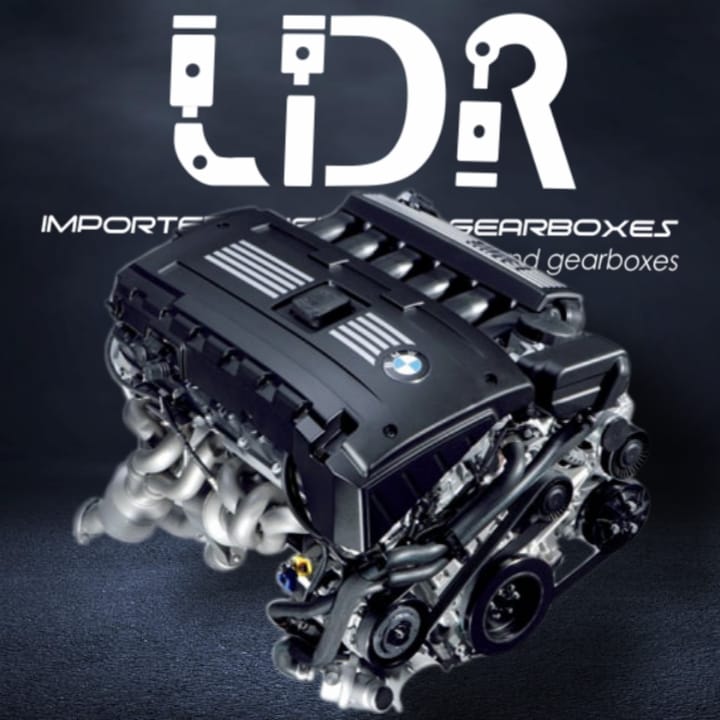Crucial Considerations for Picking the most effective Engine for Your Requirements
In the realm of picking the excellent engine to satisfy your requirements, several important aspects need precise consideration to ensure ideal efficiency and effectiveness. From the nuanced balance between power and performance to the often-overlooked facets of upkeep and solution demands, each facet plays a pivotal role in establishing one of the most suitable engine for your details needs. As the complexity of engine innovations remains to progress, discerning one of the most fitting alternative requires a deep understanding of the interaction between numerous considerations. By exploring the intricate web of factors that underpin this decision-making procedure, a clearer course emerges towards selecting an engine that not only satisfies yet surpasses your assumptions.
Power and Performance
When examining engines for ideal efficiency, it is essential to prioritize both power output and efficiency. Power output gauges the capacity of an engine to generate power, which directly influences its performance. A high power result is necessary for demanding tasks such as sturdy applications or high-speed requirements. It makes sure that the engine can deal with the workload properly and effectively. Power alone is not adequate; performance plays a significant duty in identifying the general performance of an engine. Efficiency refers to just how well the engine transforms gas into useful energy. A more effective engine will provide far better gas mileage, reduced exhausts, and decreased operating expense. Striking the ideal balance in between power output and performance is crucial to selecting an engine that satisfies your details demands. It is vital to consider factors such as the intended use the engine, environmental influence, and lasting expense implications when making this decision. By very carefully assessing both power and performance, you can pick an engine that delivers ideal efficiency and meets your needs efficiently.
Gas Performance and Economic Climate
Gas effectiveness refers to the engine's ability to convert fuel into energy with marginal waste, directly impacting operating prices and environmental sustainability. Engines with greater gas effectiveness not only minimize gas costs but additionally reduce carbon emissions, adding to a greener operation.

Compatibility and Application
Considering the gas performance and economy of an engine, the following important facet to address is its compatibility and application within details operational contexts. Compatibility refers to how well the engine integrates with the total system or tools it powers.
Additionally, the application of the engine is similarly essential. Different engines are made for specific purposes, whether it be industrial equipment, aquatic vessels, vehicles, or power generators. Recognizing the designated application enables the option of an engine that can supply the required power outcome, torque, and operational features. A high-revving engine developed for performance vehicles would certainly not be ideal for durable building equipment that needs high torque at reduced rates.
Maintenance and Service Requirements
Upkeep and service needs play an essential function in making certain the long life and ideal performance of an engine. Normal maintenance is necessary to stop malfunctions, expand the life expectancy of the engine, and keep its performance. When selecting an engine, it is important to take into consideration the maker's recommended maintenance timetable and the accessibility of service centers or certified technicians.
Aspects such as the frequency of oil changes, filter replacements, and overall examinations can significantly impact the engine's efficiency. Some engines might call for more constant servicing based upon their design and usage, while others may have longer periods between maintenance checks. It is crucial to comply with these service demands to avoid Home Page expensive repairs and unforeseen downtime.
Price and Budget Considerations
When selecting an engine for a specific application,Budget constraints usually play a considerable function in the decision-making process. When considering the price and budget plan implications of picking an engine, it is crucial to assess not just the first purchase cost but also the lasting costs connected with maintenance, gas consumption, and prospective upgrades or repair services. It is important to strike a balance between the ahead of time price of the engine and its general lifecycle prices to make sure that the chosen engine stays financially sustainable throughout its operational life-span.
Elements such as fuel reliability, efficiency, and sturdiness can straight impact the complete expense of possession of an engine. While an extra pricey engine might have greater in advance costs, it could potentially result in reduced upkeep and fuel costs over time, thus supplying far better value in the long run.
Verdict

Fuel efficiency refers to the engine's capability to convert gas into power with minimal waste, straight impacting operating costs and ecological sustainability.Variables affecting gas performance include engine design, combustion performance, and overall efficiency optimization. Furthermore, choosing the ideal gas type and quality as recommended by the engine manufacturer can better boost performance and extend engine lifespan.
Engines with excellent use functions and readily available parts can decrease upkeep costs and reduce the time the engine additional resources is out of procedure - bmw 318ti. It is important to strike a balance between the upfront price of the engine and its overall lifecycle expenses to ensure that the selected engine continues to be economically lasting throughout its operational lifespan